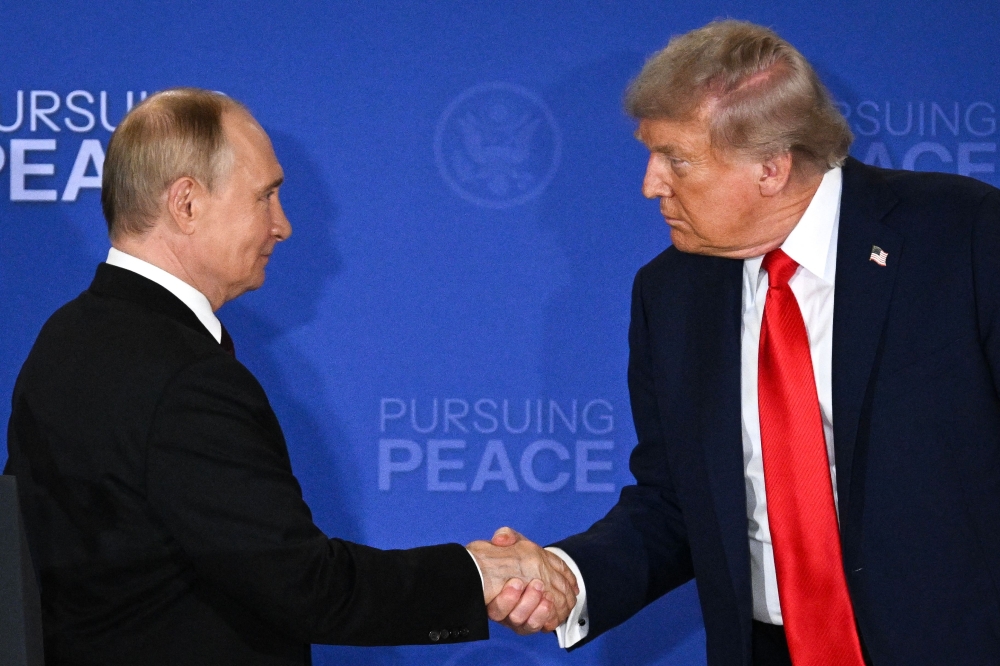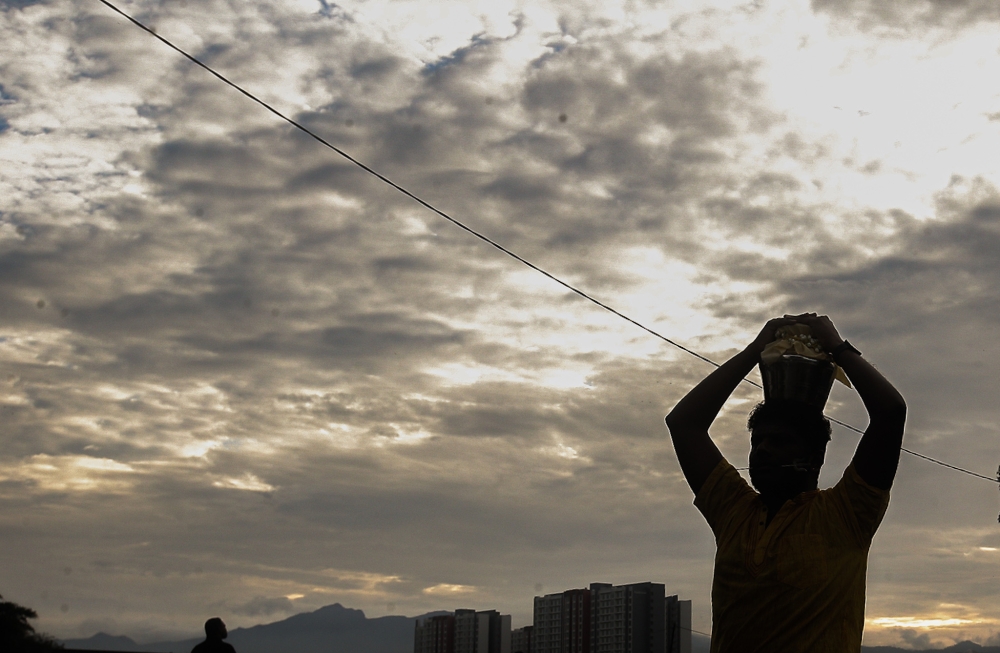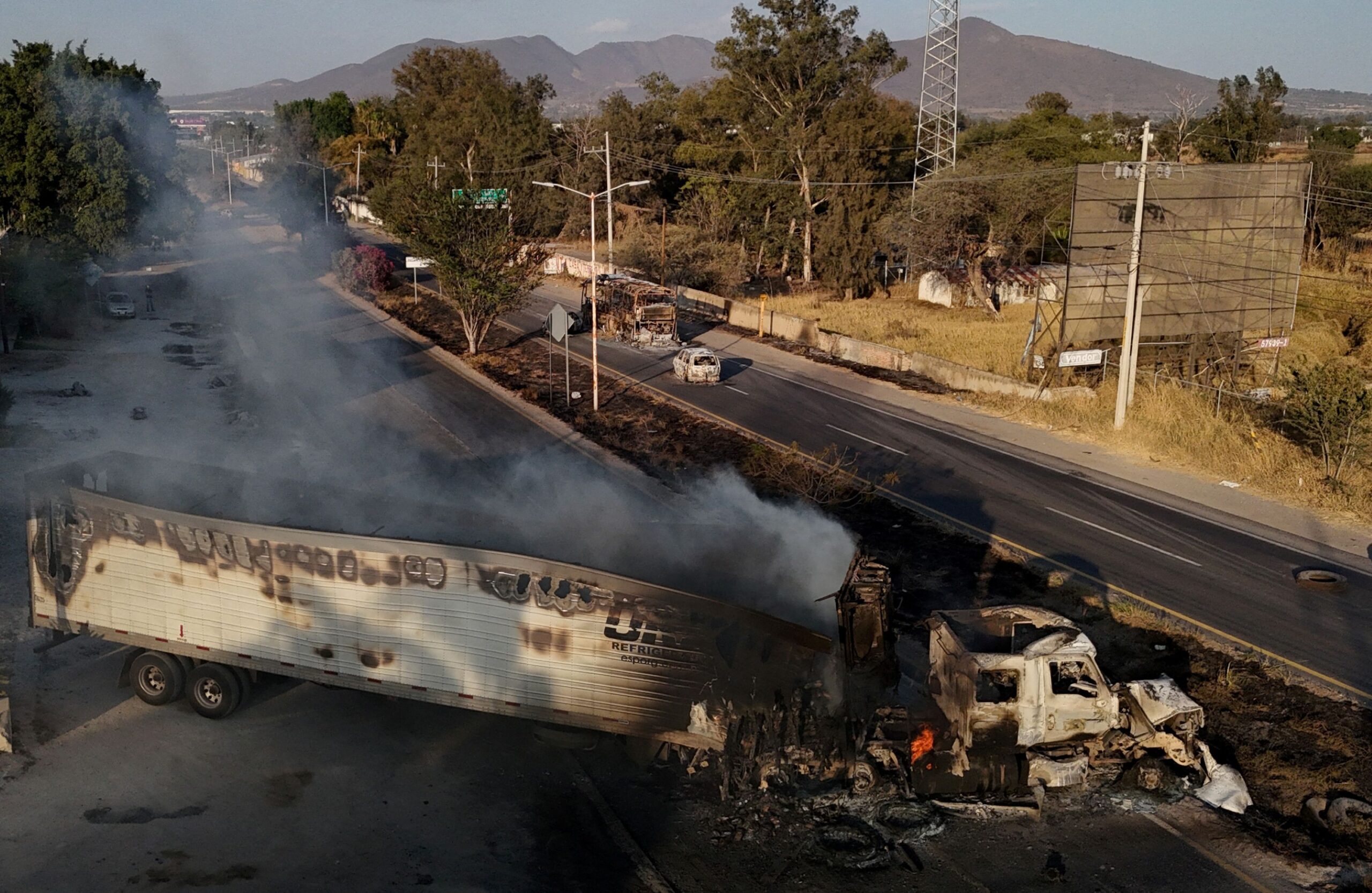AUGUST 13 — The much-anticipated summit between US President Donald Trump and Russian President Vladimir Putin in Anchorage, Alaska, was billed as a historic opportunity to end the war in Ukraine.
Instead, it concluded with three sobering realities: no deal, no ceasefire, and no tangible progress.
For all the pomp, photo opportunities, and symbolic gestures, the meeting revealed more about the limitations of power than the promise of diplomacy.
Trump emerged from the two-and-a-half-hour talks proclaiming that “great progress” had been made, though he simultaneously admitted, “we’re not there yet.”
Putin, for his part, called the conversations “constructive” but issued thinly veiled warnings to Ukraine and Europe about avoiding “provocations.”
The rhetorical flourishes belied the stark truth: there was no concrete roadmap, no framework for de-escalation, and no real concessions.
Perhaps the most glaring flaw in the Alaska summit was the absence of Ukraine itself.
President Volodymyr Zelenskyy, leading a nation under relentless attack, had no seat at the table. Instead, Trump suggested afterward that it was now “up to Zelenskyy to get it done.”
Such framing effectively shifts the burden of peace from aggressor to victim, ignoring the principle that any settlement must be shaped with — not around — Kyiv.
Putin exploited this exclusion skillfully. By reiterating demands for Ukraine’s demilitarisation and permanent exclusion from Nato, he underscored that Russia has not shifted its red lines. For Moscow, diplomacy remains an extension of battlefield objectives, not a substitute for them.
The lack of Ukrainian participation risks cementing an imbalance where Russia defines the terms of peace and the West applauds empty gestures.
The summit was heavy on optics but light on substance.
A B-2 bomber flyover, motorcade pageantry, and even a limousine ride together were meant to project grandeur. Yet these trappings merely highlighted the gap between symbolism and substance.
For Trump, projecting strength through spectacle has long been a political reflex. For Putin, accepting the theatre costs nothing while sustaining his war aims.
The absence of verifiable outcomes shows how easily diplomacy can become a stage-managed performance that leaves realities on the ground unchanged.

The much-anticipated summit between US President Donald Trump and Russian President Vladimir Putin in Anchorage, Alaska, was billed as a historic opportunity to end the war in Ukraine. — AFP
European allies, already sceptical of Trump’s flippant style, found little reassurance in the Alaska proceedings.
Paris and Berlin are particularly wary of what they see as Washington’s drift toward unilateralism — convening talks that exclude Ukraine while expecting Nato members to continue bearing the economic and military burden of support.
This dynamic risks undermining transatlantic solidarity at precisely the moment when Ukraine needs unity most.
Moreover, Europe’s recent pledge to raise defence spending to 5 per cent of GDP by 2035 reflects deepening fears of Russian expansionism.
Leaders in Nato capitals understand that without a firm and collective stance, Moscow may interpret diplomatic deadlock as strategic licence.
The Alaska summit, instead of tightening allied cohesion, may widen existing cracks.
While leaders spoke of progress, the battlefield told a different story.
Fighting has intensified in eastern and north-eastern Ukraine. Russian forces continue their offensives, while Ukrainian defenders struggle with depleted resources and mounting casualties.
Every day without a ceasefire means more destroyed towns, more lives lost, and more uncertainty about the country’s future. Diplomacy without teeth does not stop artillery shells.
The road ahead
The Anchorage summit confirms a hard lesson: power without principle achieves little, and diplomacy without inclusion solves nothing.
No amount of rhetoric can mask the absence of results. The war in Ukraine remains unresolved, and its victims are no closer to peace.
What is needed now is a recommitment to fundamentals. Any serious process must include Ukraine as a central actor, not an afterthought.
Ceasefire terms must be enforced by credible mechanisms, not vague promises. And Western unity must be more than rhetorical solidarity; it requires sustained support, sharper sanctions, and military assistance that deters further Russian aggression.
The tragedy of Alaska is that it squandered a rare opportunity for genuine progress. Instead of charting a path to peace, it produced little more than headlines.
Until diplomacy moves beyond theatre, the world will continue to watch a brutal war drag on — while those most affected by it remain voiceless at the negotiating table.
* Phar Kim Beng is a professor of Asean Studies and Director of the Institute of Internationalization and Asean Studies at the International Islamic University of Malaysia.
** This is the personal opinion of the writer or publication and does not necessarily represent the views of Malay Mail.






